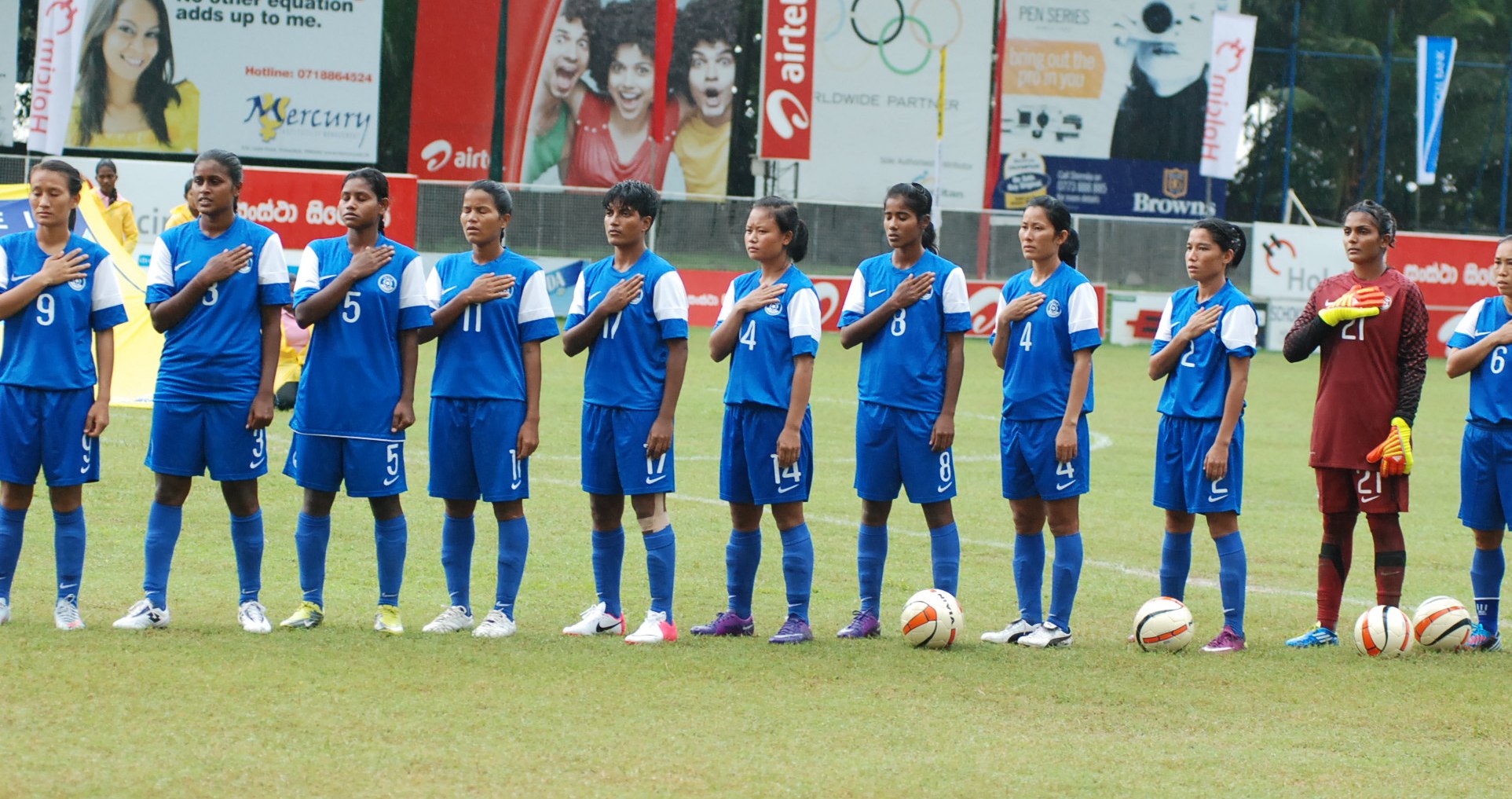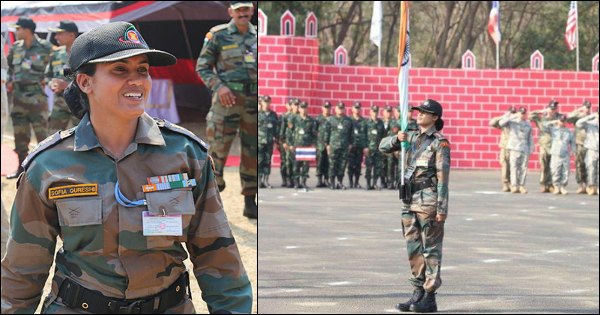In a society which has traditionally been patriarchal, and has only recently, with the advent of education and modern tech, become moving towards an egalitarian outlook, the challenge faced by women have always been many and varied. These obstacles increase manifold when it comes to the participation of women in sports, or for looking at sports as a serious career option. Misogyny has been rampant in Indian society, though this may seem inexplicable to those living in urban, metropolitan cities of the country, and so, this has often added another burden for women when it comes to taking a career in sports.

Aditi Chauhan, the goalkeeper of the Indian Women’s Football National Team was recently voted as the Asian Footballer of the Year (Women’s category) and is currently plying her trade in England, as the starting goalkeeper for West Ham. However, Aditi’s story of success, inspirational though it is, sadly remains one of the few success stories among women.
Of the FIFA grant given to Indian Football, only 15% of the money is used for the development and management of women’s football. And that is the only money being put into the women’s side of the sport in the country. With hardly any major football tournaments held for women in the nation, there are few (if any) sponsors willing to splurge money for the benefit of the sport and the women. This, despite the Indian women’s team ranked much higher (at 57th position worldwide) than their male counterparts who languish at 160th position.
The lack of clear cut opportunities for women even away from the playing field, in positions of management, or as referees, lineswomen, commentators, to name a few, makes it a tougher nut for them to crack. It makes the already major risk of taking football as a career an even more difficult one since there are hardly any backups of moving into the non-playing side of the sport if the on field dream doesn’t work out.
Without certain reservations for women, already averse parents will continue to find it difficult to send their children off into the field of football. Traditionally, women in India have often been seen as homemakers, housewives, stay-at-home-moms, or the like. Making a move away from that stereotype is even more difficult if their passion does not help them make a living or take care of themselves.
Without major tournaments in the nation itself, or friendly matches against foreign clubs and National Teams, not only will the skillset of the women’s team stagnate and make them lose match fitness, they may also fall down the FIFA rankings, thereby making the current situation worse. More matches and more media attention, either in the form of news, or the telecasting of these leagues and a strong grassroots level program which is aided by reservations in education, or monetary help from the sports ministry to the needy is essential if the team – and women’s football as whole – is to progress in the nation.
The field of football is difficult enough to get into, let us not make it even tougher by adding additional obstacles ourselves.






























